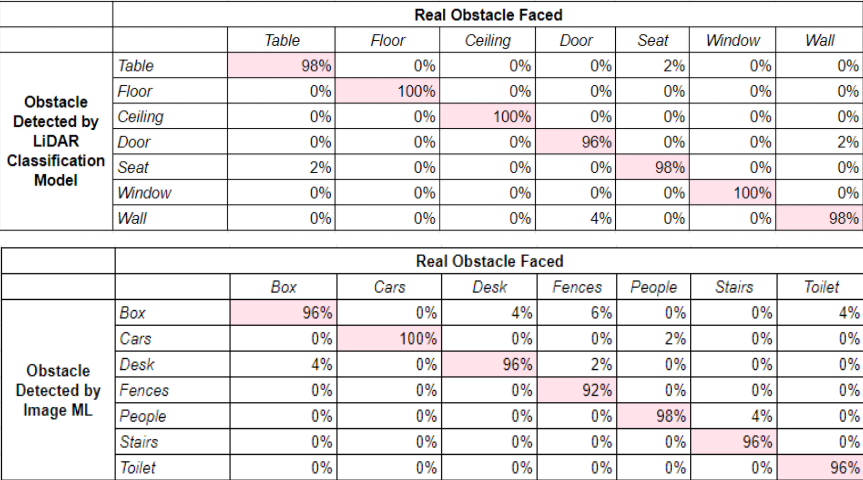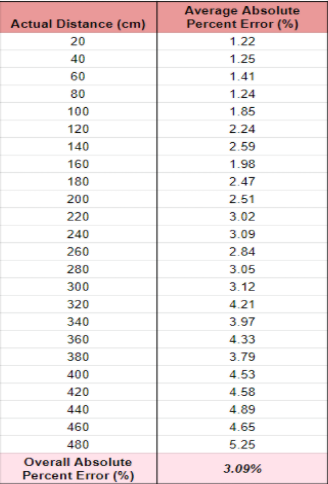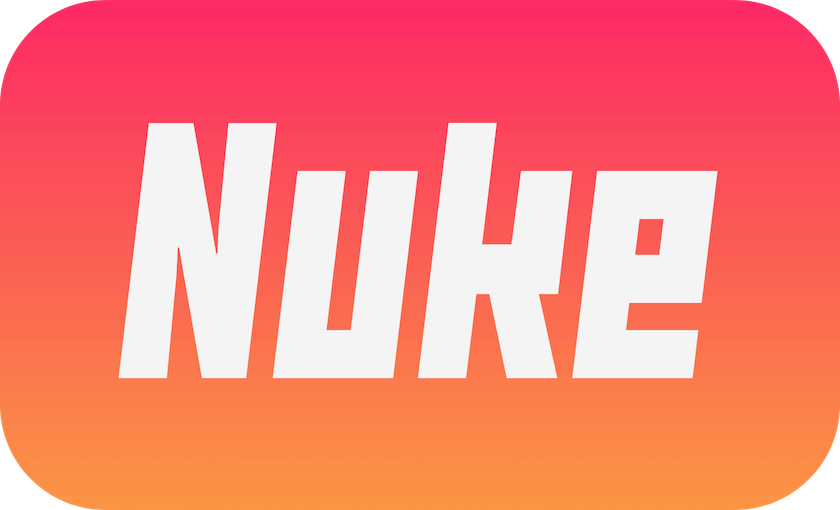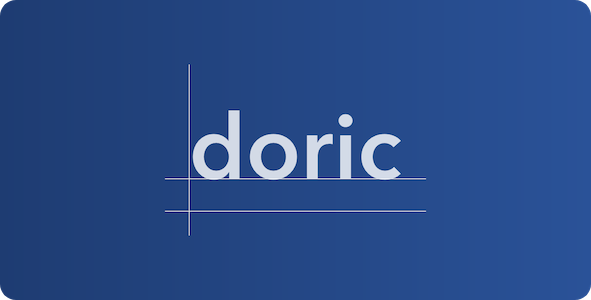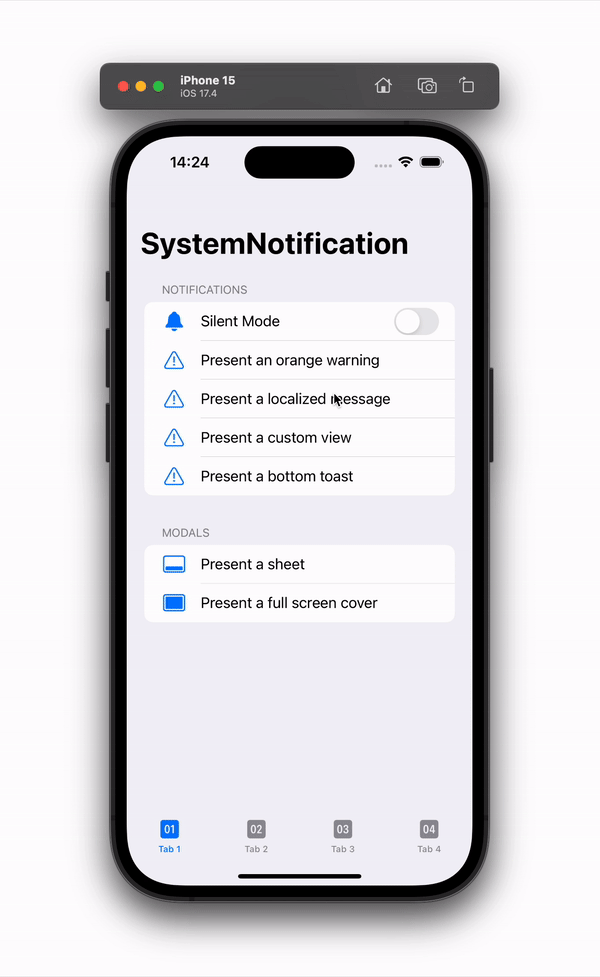A Novel Implementation of LiDAR Mesh Classification and Image Classifiers In Assistive Technology for the Visually Impaired.
Background Information
253 million people worldwide including 20.6 million Americans are visually impaired. Research acknowledges that 42% of these visually impaired people have trouble navigating everyday objects in their environments.
Goal
To alleviate the stressors experienced by the visually impaired when traversing unfamiliar environments by leveraging LiDAR mesh classifications and supplemental image classifiers to non-intrusively relay sufficient descriptions of the surroundings to the user.
How it Works
- We used the LiDAR sensor (iPhone 12 Pro) to classify objects that were relatively geometrically simple from a depthmap. The LiDAR sensor doubled as a distance measuring device, capable of measuring object distances up to 5 meters.
- For objects that were more geometrically complex, we used Swift's CoreML library for image classifications.
- Finally, we used Swift's AVFoundation library to non-intrusively relay descriptions of surroundings to the user.
Results
Partners
Honors & Awards
- 1st Place in the Georgia Junior Science & Humanities Symposium
- 1st Place in the GSMST Science & Engineering Fair


